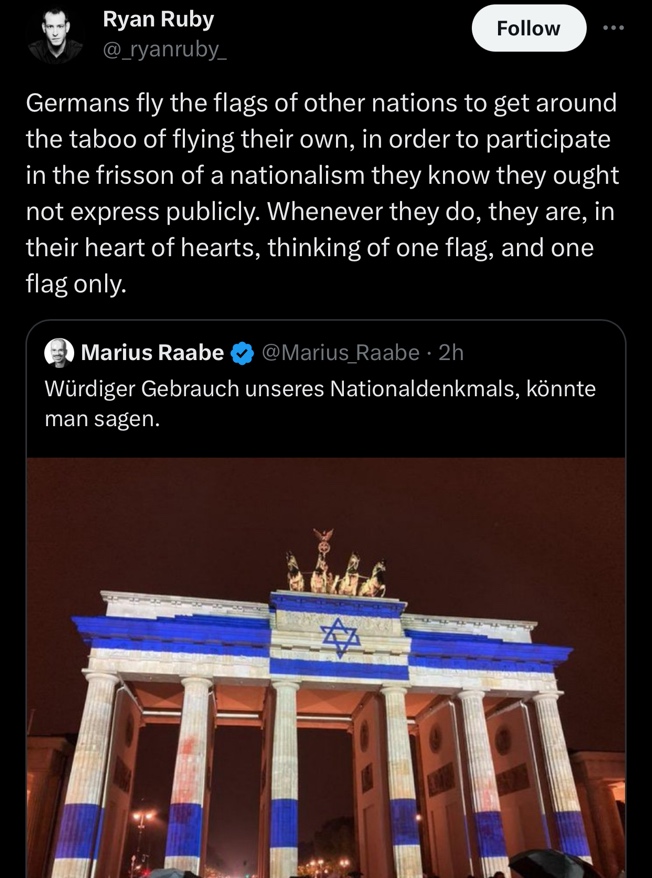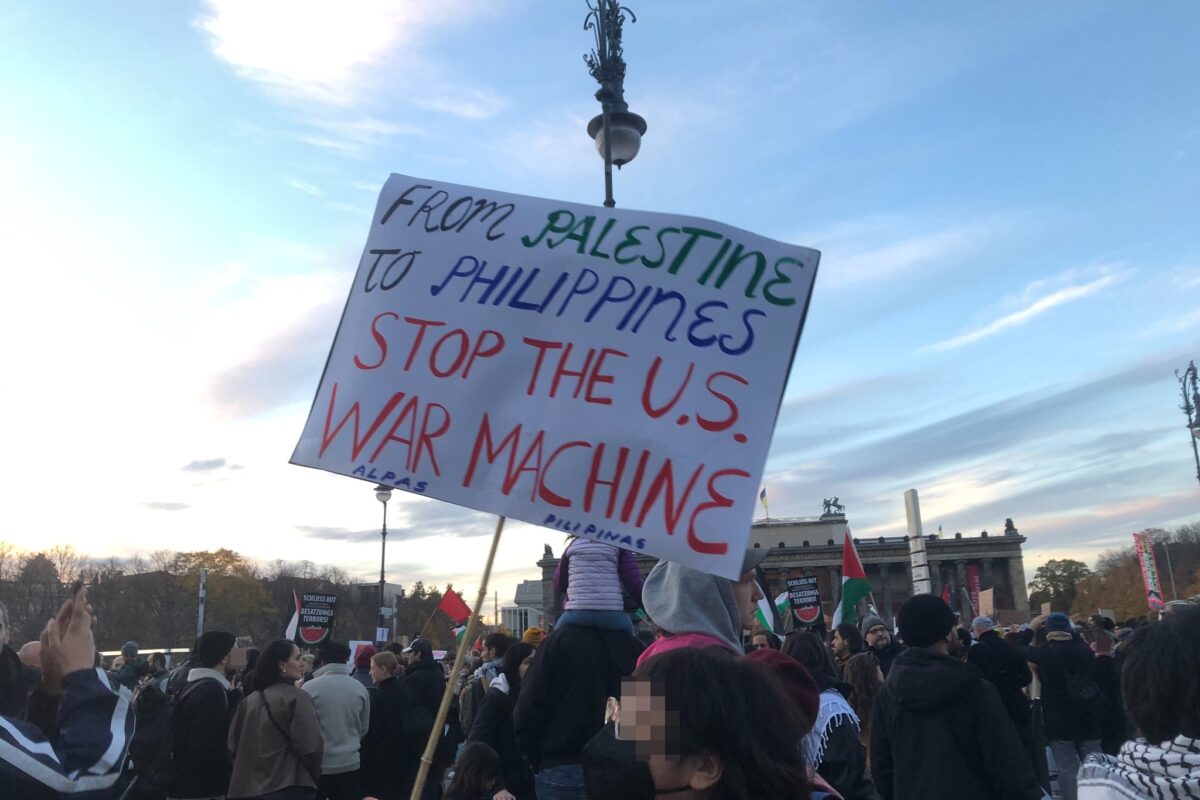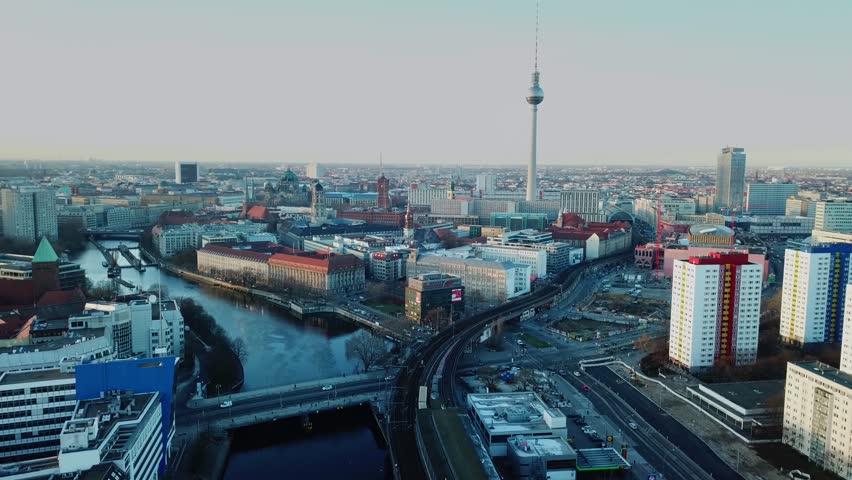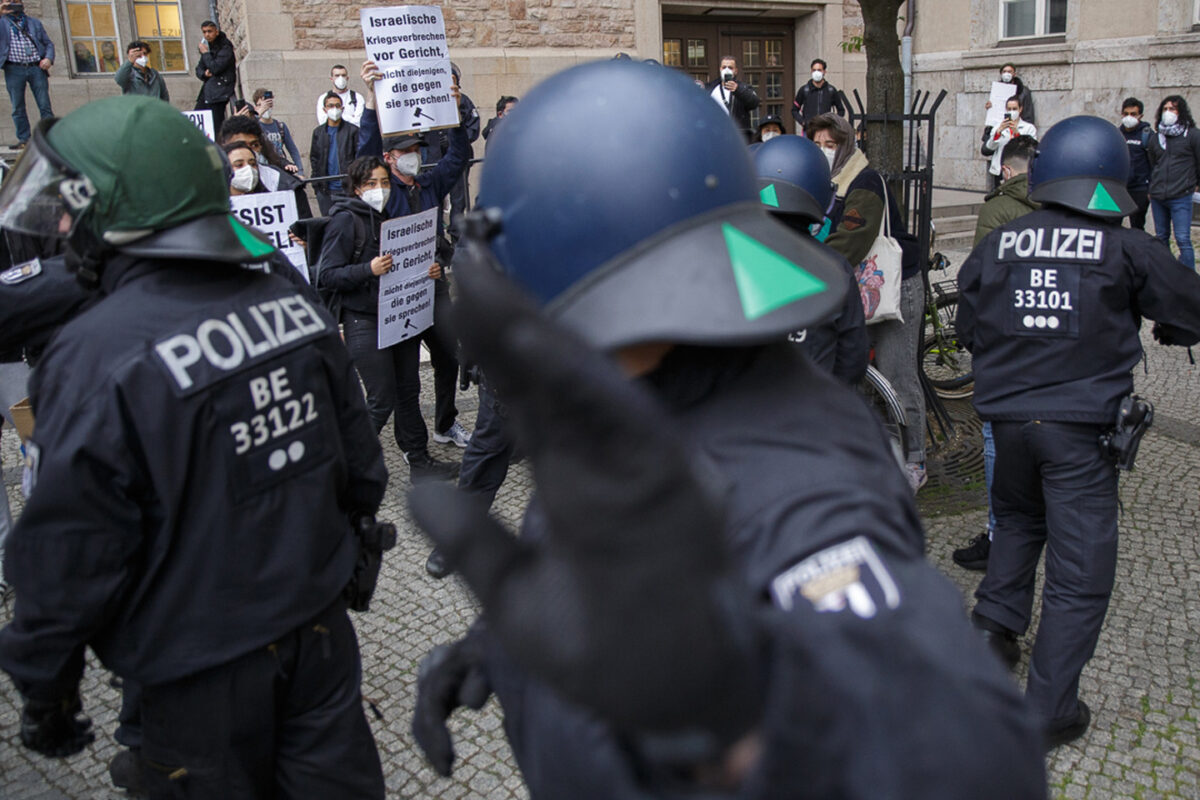In the night of our ignorance, all foreign forms seem to take the same shape. For people in the Global North, accustomed to floods of information, Palestine is situated in the imagination as just one of many innumerable injustices in the world; a rather terrible but nevertheless unexceptional case of injustice. When we try to exceptionalise causes closest to our hearts, we risk fragmentation into an amorphous collection of interest groups that are motivated more by a desire for self-aggrandisement than by a desire to end injustice. Therefore, it begs the question, whether the current situation in Palestine is truly exceptional or just another terrible example of injustice.
Seen from any single vantage point, Palestine is a familiar story. Palestinians are not the first people to suffer death and dispossession. Within the same decade as the Nakba, meaning catastrophe in Arabic, approximately six million Jews were industrially slaughtered by Germans in the Shoah, meaning catastrophe in Hebrew. The mere juxtaposition of these two catastrophes is to invite fury, particularly among a German audience that believes that the Shoah was a singular, incomparable tragedy. And furthermore, based on current events and narratives, no entity understands the Shoah better than the Germans; not even the descendants of Jews murdered in the Shoah. It is a peculiar possessiveness on their part and I am left to wonder, if the Shoah is some trophy to be jealously guarded?
The Holocaust cannot be relegated to being an exclusive lesson for Germans nor an exclusive memory for Jews. It must be remembered that alongside Jewish people, Roma and Sinti peoples, disabled people, and homosexuals were targeted for summary execution. To excluvise the Holocaust then is to deny its voraciousness for human life. For its reverberations are felt to this day, its memory a permanent warning to all generations. If it is a singular event in human history, it is because its lessons are so universal whether one directly participated in it or fell victim to it.
Seen in this context, the German state’s zealous policing of thought around the subject betrays a desire to assimilate the Holocaust into a perverse nationalist identity. The ultimate expression of this perverse nationalism is a tribalistic allegiance to the state of Israel. Germany, in its eagerness to avoid being on the wrong side of history ever again, engineers a self-fulfilling prophecy whereby it condemns itself to being an accomplice in the ethnic cleansing and potential genocide of Gazans.

I for one hate comparing the severity of tragedies. Can’t a tragedy just be a tragedy without being weighed on some arbitrary scale of comparative suffering? Don’t Palestinians have a right to name their catastrophe without being accused of trying to steal attention from the catastrophe of Jewish people by some clone of Friedrich Merz? Must we wait until a genocide reaches its bloody conclusion before we make a comparison to another? When all there is left to do is to document the destruction. Wouldn’t it be better if we acted with abundant caution and at the first sign of overlap between the past and present, acted swiftly to prevent a recurrence? Or would we rather deny anything like a genocide or ethnic cleansing is happening until it becomes indisputable and irreversible?
The response of the Global North towards the actions of the Israeli state, the stubborn belief that Israel is a homeland for Jews, that only Israel can speak for Jewish interests or protect Jewish lives, all stem from a desire for convenience. Unflinching support for Israel has been particularly convenient for sanitising the unapologetic antisemitism of the single greatest threat to Jewish life in Europe: the far-right. By sacrificing Palestinian lives, Christian Europe helps bury its collective guilt for the prosecution of the Holocaust while simultaneously resuscitating the political forces that delivered it; no nation serves as a better example of this dynamic than Germany, where the neo-fascist AfD has surged to second place in the backdrop of Islamophobic discourses around “imported” antisemitism.
“…the prospect of a partnership with the people who had presided over Auschwitz scandalised Israeli Jews, especially the survivors, many of whom already found Ben-Gurion’s state to be a chilly place. When his negotiations with Konrad Adenauer were made public, Ben-Gurion had to call in the army to suppress a demonstration in Jerusalem at which Begin described reconciliation with Germany as ‘the most shameful event in our people’s history’. But, as Ben-Gurion saw it, ‘money has no odour.’ The Germans, keen to be rehabilitated in the eyes of the West, were easy to persuade. By the end of the decade the Germans were supplying Israel with arms and buying Uzis.” (We are conquerors – Adam Shatz)
Palestine is exceptional not because it is different, but because it is so strikingly familiar. It is as if all the horrors that can be visited upon a people are being visited simultaneously on them, in an age that has the living memory of witnessing all of this once before but refuses to acknowledge it is happening again.
Steinbeck wrote: “An unbelieved truth can hurt a man much more than a lie. It takes great courage to back truth unacceptable to our times. There’s a punishment for it, and it’s usually crucifixion.” I write these words in the context of a systematic denial of Palestinian suffering that has become institutionalised in the Global North. A few examples here, here, and here.
Just as Palestinians claim a right to return to the lands and homes they were displaced from, so do the Chagos Islanders, a five decade old struggle. Neither are the Palestinians the only victims of occupation and overt colonisation in the world today. The people of Western Sahara have been abandoned by the international community to the whims of an absolute monarchy, namely Morocco. Coincidentally, the flag of Western Sahara, subtracting a star and crescent, becomes the flag of Palestine. Palestinians are not the only people being bombarded by a vastly more powerful military. The people of Iraq, Syria, Lebanon, Libya, and Ukraine can attest to the horror of indiscriminate attacks on civilians by a foreign power. Nor are the Palestinians of Gaza the first to suffer a prolonged siege, for the people of Srebrenica and Sarajevo experienced it all in the 90s. Palestinians in the West Bank live under a system of apartheid, a relic of segregation in South Africa, as attested by several international organisations like Human Rights Watch and Amnesty International.
But I think I may have stumbled upon one truly unique aspect of the Palestinian experience. The attacks on Gaza are the first case of witnessing genocide via Instagram. I recall the image of a distraught father waving the remains of his child in a plastic bag and it struck me that Gazans are currently being forced to desecrate their children’s remains in order to garner enough sympathy for the genocide to merely pause. I couldn’t think of a single case where people felt the need to use the mutilated remains of their loved ones in real time. Billions of people have access to these images today in a way they did not have for Srebrenica.
And the intent is always the same, which is to say “take pity on us at last and convince someone to stop our brutalisation”. In response, many of us struggle, quite literally, to lift a finger to hit the like button. How can one “like” something so grotesque as a mutilated corpse? Yet for the sake of the Palestinians, this is what we are being asked to do, if only to help amplify the sound of their suffering so it may reach the right, usually white, ears being drowned out by propaganda meant to dehumanise an entire people. Unlike previous attempts at genocide, where we could claim a degree of ignorance, where the fog of war and the paucity of verifiable information caused hesitation to act, we are today faced with the prospect of having abundantly graphic evidence and simply tune it out of our minds. Like some pauper on the street begging for change, our humanity seems so withered that we now witness an entire people’s annihilation with apathy.
I am reminded of my brother’s funeral, where my father was able to bury his son at a time, a place, and in a manner that gave him some sense of closure. I then force myself to imagine, if all that remained intact of my brother’s flesh was an arm and a mutilated face, and then, my father had to display these remains in front of a camera, in the hope that perhaps what’s left of his family and his community could be spared enduring a similar fate.
I refuse to say how Palestine is different from, say, the Kurds being bombed under Erdogan’s orders in Rojava, or the Ukrainians being killed by Russia in its doomed attempt at colonial conquest, or the Bosnians killed by Serbs, or the Jews killed by Christian Europe over centuries, or the Chagossians expelled from their homes, or the South Africans who suffered under apartheid, or the Irish under British occupation, or the Uyghurs under Chinese repression. Palestine is everything, everywhere, and all at once. And that is what makes Palestine exceptional.
Palestinian liberation is the most intersectional of all struggles in the world today. If we can achieve justice for Palestinians, we will set an example that will endure for generations. Justice for the Palestinians would be a rising tide that will lift all boats but for that very reason it is the most difficult and, consequently, demoralising struggle on the planet today. To speak up for Palestine, is then to resist a corrosive fatalism. To speak up, to stand up, to strive for Palestine is to share the undying spirit of a people that have refused to be annihilated. Who can still find a song to sing as the bombs menace them from the skies.
So long as Palestinians breathe in defiance of the terror being wrought on them, humanity’s heart will go on beating. I do not condemn those of us who, despite feeling sympathy for Palestinians, fail to act for them. I merely feel pity that they have succumbed to fatalism. Yet with each passing day of inaction, humanity’s heartbeat fades. Regardless, such a death is not permanent and there is still time to resuscitate ourselves from the fatal kiss of nihilism.




